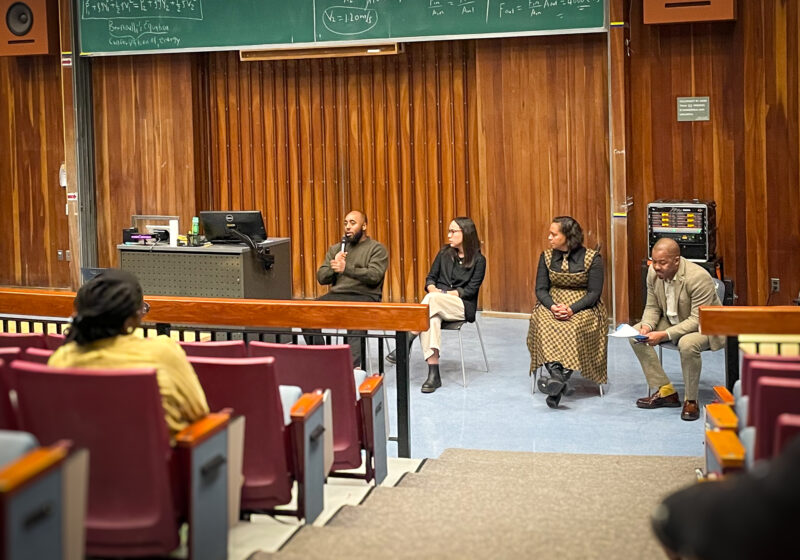COVID-19 has suddenly left many college students with a lot of time on their hands. To kill boredom and keep our minds active, it’s a good time to read a good book. Or in the case of “Code Name Verity” written by Elizabeth Wein, re-read a good book two to three times.
“Code Name Verity” is one of my favorite books of all time. It’s hard to say much about this book, because if I give away too much, it will ruin the experience.
It’s a fiction from the battlegrounds of World War II. The plot revolves around the friendship between two young ladies, a British spy and a pilot for the Women’s Auxiliary Airforce. Wein is a master of historical narratives, and her time and effort in the research shows in the carefully placed details throughout.
Coincidentally I was able to email with Elizabeth Wein through an internship last summer about another matter that involved fact-checking details about the history of the U.S South. I’ve never learned so much. I am amazed by the wealth of knowledge that Wein has. She takes the cream of the crop of hidden history and spins the mightiest tales.
It opens up with a written testimony from “Verity,” the spy who’s been captured by the Gestapo in France. Through a deal with the Nazis after some coercion she gives up all she knows about Britain’s war plans, and does so through the story of her friendship with Maddie, the pilot. In the second half of the book we meet Maddie, and she carries on Verity’s story.
“Code Name Verity” is the story of true friendship. You fall in love with the characters and the idea of a platonic soulmate. The characters are so fleshed out that it feels intrusive to witness the chemistry between Maddie and Verity. But in the end, we see what it means to have a real friend, and what lengths you will take for that one person in our lives.
There are many historical fictions about World War II out there, but what makes “Code Name Verity” such a treat is the puzzle that is Wein’s writing. Her style becomes a standard for creative writing. After you finish this book, you have to read it again and again to see the larger story at play.
But the story may seem to drag in some parts. You may feel like you have to push through “useless” details that Verity rattles off sometimes. But when I tell you that every detail has a purpose, I mean it. Each sentence is a weapon that comes back to haunt you with realization after you’re done reading.
I wish I could say more about this novel, but it would be a disservice to spoil anything. If you are looking for a novel that will bend your mind and get you through the day during these solitary times, “Code Name Verity” may be just the ticket.
Correction (3/23/20): The original headline of this piece referred to the title of the novel as “Code Name Veracity.” It is, in fact, “Code Name Verity.”




